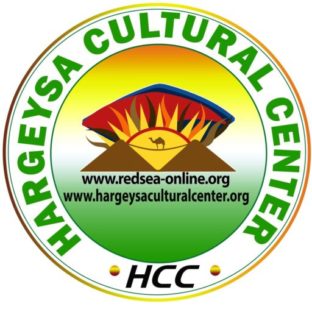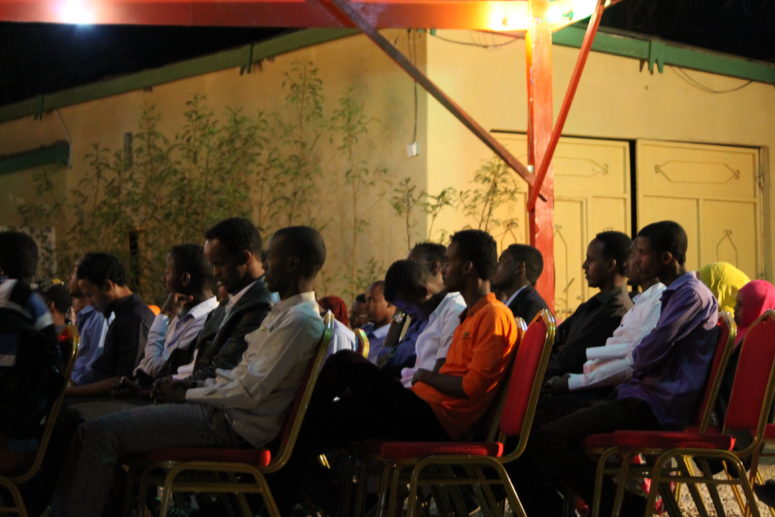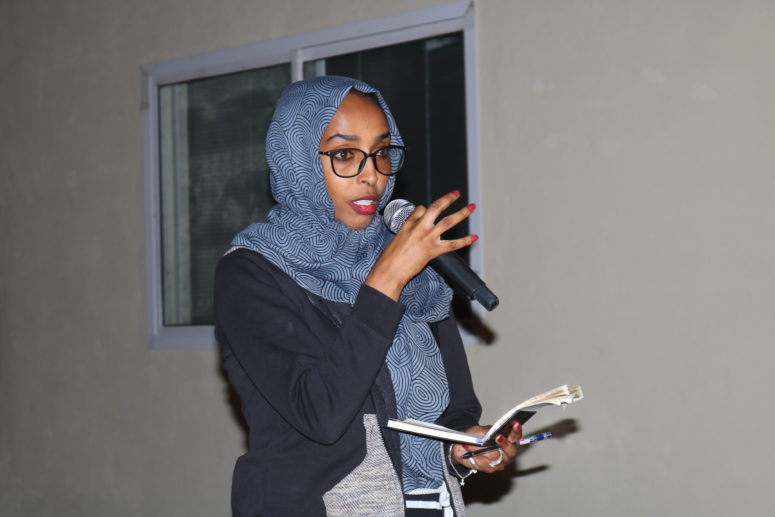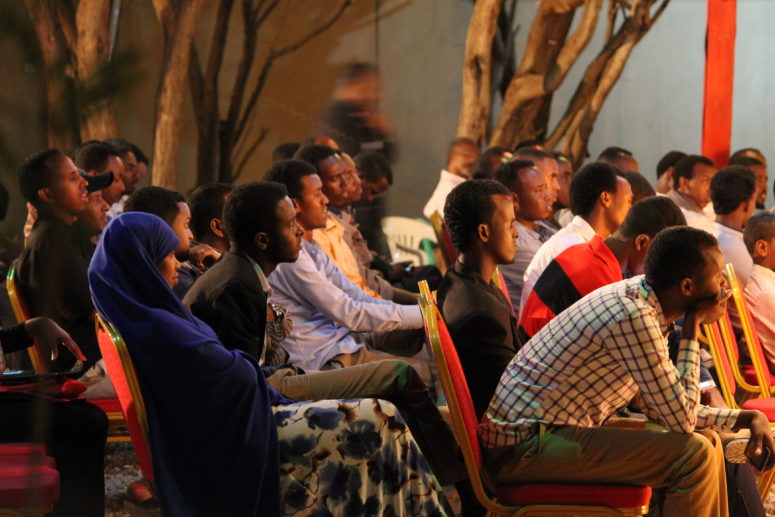The Political Economy of unrecognized States: understanding Secessionism, Sovereignty and Democracy in the Horn of Africa: The Case of the ‘Republic of Somaliland’.
Mohamed Osman Guudle is a Doctoral (PhD) Candidate in Political Science and International Relations at the Faculty of Economics, Istanbul University, Istanbul Turkey. Mohamed is a Somaliland Scholar whose main research interests are Economics, Politics, Political Economy of the Horn of Africa, mainly the Economics, Society, State and Politics of the Somalis in the Horn of Africa. He has M.A degree in Development Economics from Unity University, Addis Ababa, Ethiopia and MSc degree in Economics from Istanbul Bilgi University, Istanbul Turkey. His main research areas are Economics, Political Economy of Development, Political Economy of Colonialism and Socialism in Somaliland, Somalia and Ethiopia. Mohamed is currently writing a PhD dissertation on ” Political Economy of unrecognized States: understanding Secession-ism, Sovereignty and Democracy in the Horn of Africa: The Case of the ‘Republic of Somaliland’.
Summary
In 1897, Somaliland officially became a British protectorate (Spears, 2010:121; Farley, 2010:779; Bradbury 2008:26) and on 26 June 1960 British Somaliland got its independence from Great Britain (Jhazbhay 2009; Hansen and Bradbury 2007: 463). Four days later, it joined Italian Somaliland upon the latter’s independence on 1 July of the same year to form the Republic of Somalia (Farley 2010; Bradbury 2008; Hansen and Bradbury 2007). British Somalilanders pressed hard for the consummation of the union while the Italian Somalilanders wanted to proceed cautiously.
In this study, it mainly assesses the defining theoretical attributes of unrecognized entities2 and exposes theoretical paradigms encountered when these attributes are applied in the case of unrecognized states such as Somaliland. Some scholars argue that the theoretical space occupied for example by Iraqi Kurdistan in political science and international relations theory, the work may be viewed as part of a specific body of literature dealing with unrecognized entities which has continued to develop since the end of the Cold War in the late 1980s.
Somaliland is remarkable because it exists in oblivion (Kaplan, 2008). Although the Horn of Africa is no newcomer to the peering eyes of the international community, the spotlight shines upon the seemingly unending spirals of violence, piracy and poverty of Somalia, but rarely upon the goings on in Somaliland –an unrecognized state in the northern regions of Somalia. In contrast to the warlords, and corrupt governments in the region, Somaliland “undoubtedly has the most democratic political system in the entire Horn of Africa,” (Kaplan, 2008: 143). 3
Will Somaliland be the next independent state? The case for recognition as a sovereign state is strong, from a legal standpoint. In fact, “in terms of international law Somaliland holds some very strong cards –stronger than, for example, Bosnia some years ago –qualifying it as an independent state,” (Doornbos, 2002: 96). These cards include its previous status as a sovereign state in 1960, and the fulfillment of the 1933 Montevideo Convention criteria for statehood (Kaplan, 2008: 153).
This study will assess the case of the ‘Republic of Somaliland’ 4as de facto unrecognized state in the Horn of Africa. The debate about self-determination can be divided into three broad categories: state-centric, society-centric and legalistic (Bereketeab, 2012). This thesis will mainly discuss the secessionism, sovereignty and democracy in the “Republic of Somaliland” as unrecognized defacto state in former Northern Somali Republic5. The central questions are, how does Somaliland come into existence? What are the roots of Somaliland’s secessionism and self-determination? It also tries to understand how Somaliland’s democratization process took place from 1991 to present?
In order to investigate and empirically analyze these theoretical considerations, this thesis will undertake qualitative research along the lines of a “structured, case study comparison” (George etal, 2005; Gerring 2007) of a controllable number of case studies. Case study research, through reports of past studies, allows the exploration and understanding of complex issues.
It can be considered a robust research method particularly when a holistic, in-depth investigation is required. Recognized as a tool in many social science studies, the role of case study method in research becomes more prominent when issues with regard to different fields in the Social Science (Gulsecen & Kubat, 2006), and sociology (Grassel & Schirmer, 2006). A central advantage of the case study approach is that it does not run the risk of ‘conceptual stretching’ (Sartori 1970, 1984). Mainly the data of this thesis will comprise interviews, field research notes, as well as published and unpublished materials dealing with the Somaliland case. There will be 1-year field work starting from February 2017 to February 2018.



